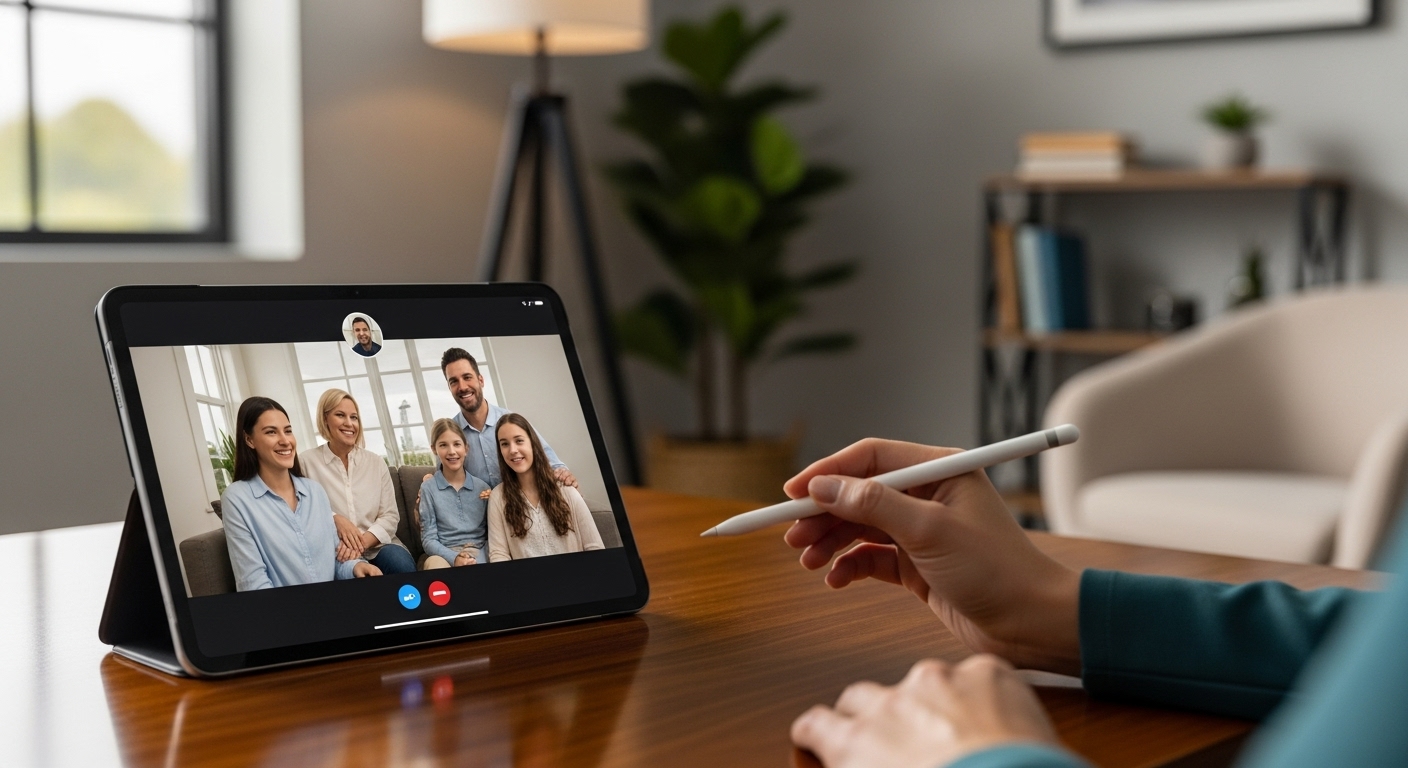How Behavioral Health Clinics Can Securely Record and Share Therapy Sessions With Families
by Rafay Muneer, Last updated: November 28, 2025, ref:

In behavioral health, video plays a powerful role in strengthening care, deepening understanding, and improving outcomes—especially when working with children. From play therapy to family counseling to clinical supervision, recorded sessions have become an important part of how therapists work.
Yet for many clinics, managing therapy session recordings remains one of the most operationally fragile workflows. SD cards float between rooms. Recordings sit on unsecured drives. Parents need access, but sharing video safely is difficult.
As behavioral health demand grows and teams expand with associates and interns, these small inefficiencies become significant roadblocks. And when dealing with sensitive information, there’s no room for improvised processes.
That’s why more behavioral health providers are moving toward secure, centralized video platforms built for clinical environments.
Why Traditional Recording Workflows Are Not Enough Anymore
Many clinics still rely on SD cards or local devices. While simple, this approach creates challenges:
Staff often spend unnecessary time transferring files, organizing folders, or searching for missing recordings. Supervisors must track down interns for session reviews. Videos stay saved for too long or get deleted prematurely. Parents may receive links through channels not designed for patient information, further complicating compliance.
For organizations working with minors, families, and vulnerable populations, these risks grow even more significant.
A Centralized, Compliant Approach to Session Recording
Behavioral health centers need a system that mirrors the care standards they deliver: organized, secure, and respectful of privacy. A centralized video platform hosted in a HIPAA-compliant cloud environment gives clinics a structured place to:
-
Store recordings securely
-
Provide the right staff with controlled access
-
Ensure videos delete automatically after a set period
-
Share sessions with legal guardians only for a limited window
-
Support both camera-based and webcam-based workflows
This removes the burden from staff and families alike. Instead of losing time managing files, therapists focus on care.
Improving Communication With Families
Parents often want visibility into their child’s progress—especially in play therapy. But sharing sensitive recordings safely can be challenging.
A controlled video environment allows clinics to give guardians temporary access that expires automatically. No files are downloaded. No uncontrolled copies. Parents simply view what they need to, when they need to, in a protected space.
This strengthens trust and improves alignment between families and clinicians.
Supporting Clinical Supervision and Intern Development
Supervisors benefit from an organized library of session recordings that can be reviewed any time. Interns and associates receive clearer guidance. Directors gain a better understanding of clinical quality without chasing files or asking for resubmissions.
In many organizations, this alone dramatically improves training and standardization.
A More Sustainable Future for Behavioral Health Operations
With automated retention, centralized libraries, controlled sharing, and secure access, clinics no longer carry the operational risk of scattered recordings. Staff work more efficiently. Parents are better supported. Compliance becomes easier to demonstrate.
Behavioral health organizations deliver care with compassion and precision—now their video workflows can match that standard.
Jump to
You May Also Like
These Related Stories

6 Ways Video Analytics Software Help Tribal Casinos Improve Operations

How AI Powered Redaction Streamlines UK Healthcare Compliance



No Comments Yet
Let us know what you think